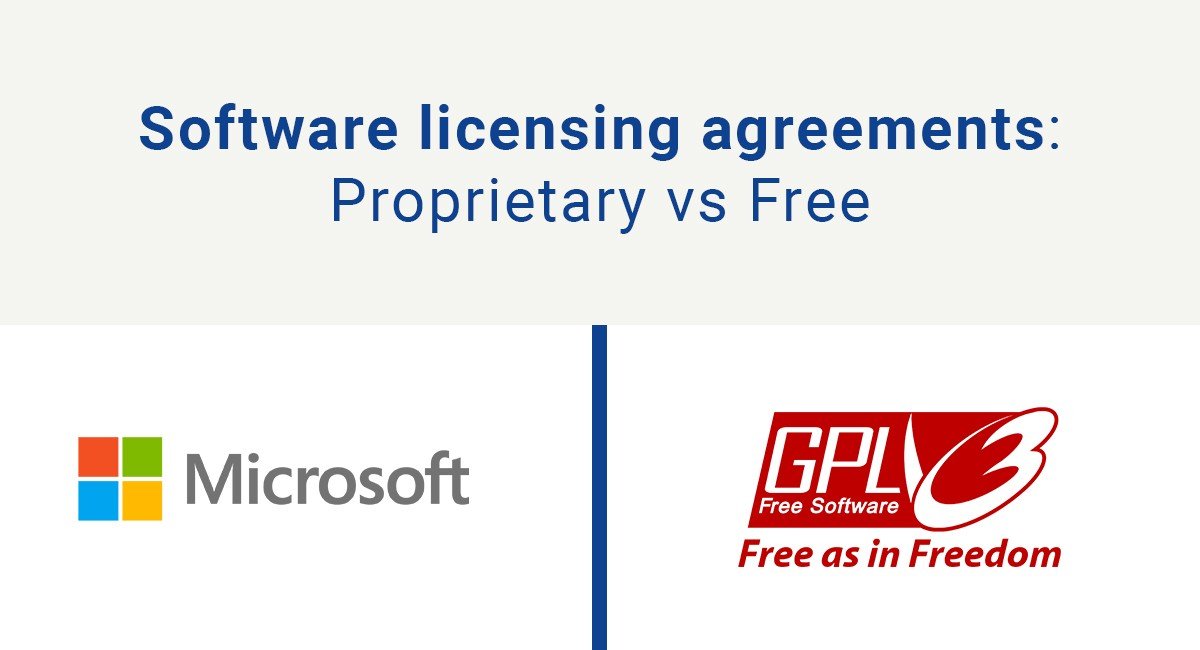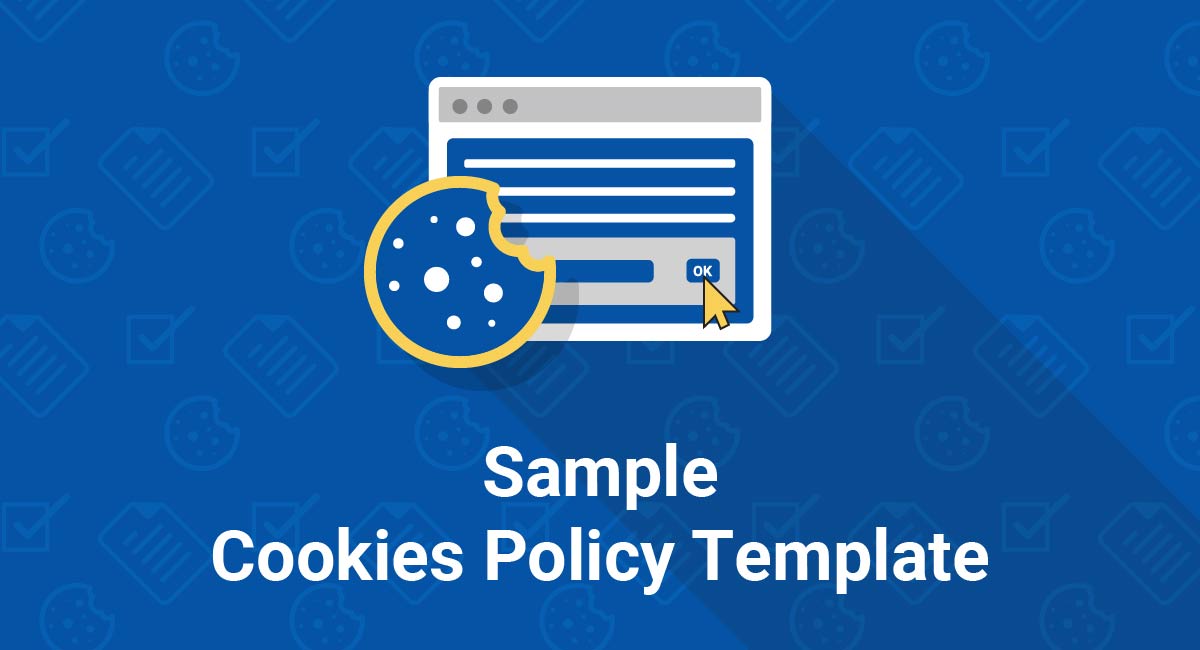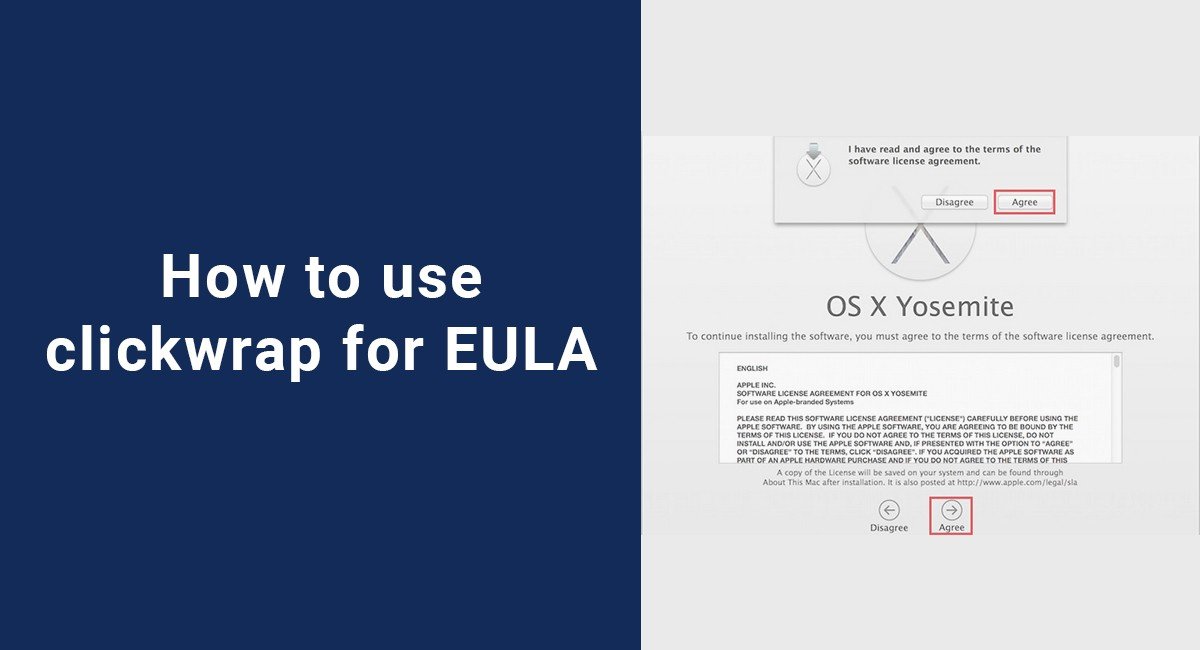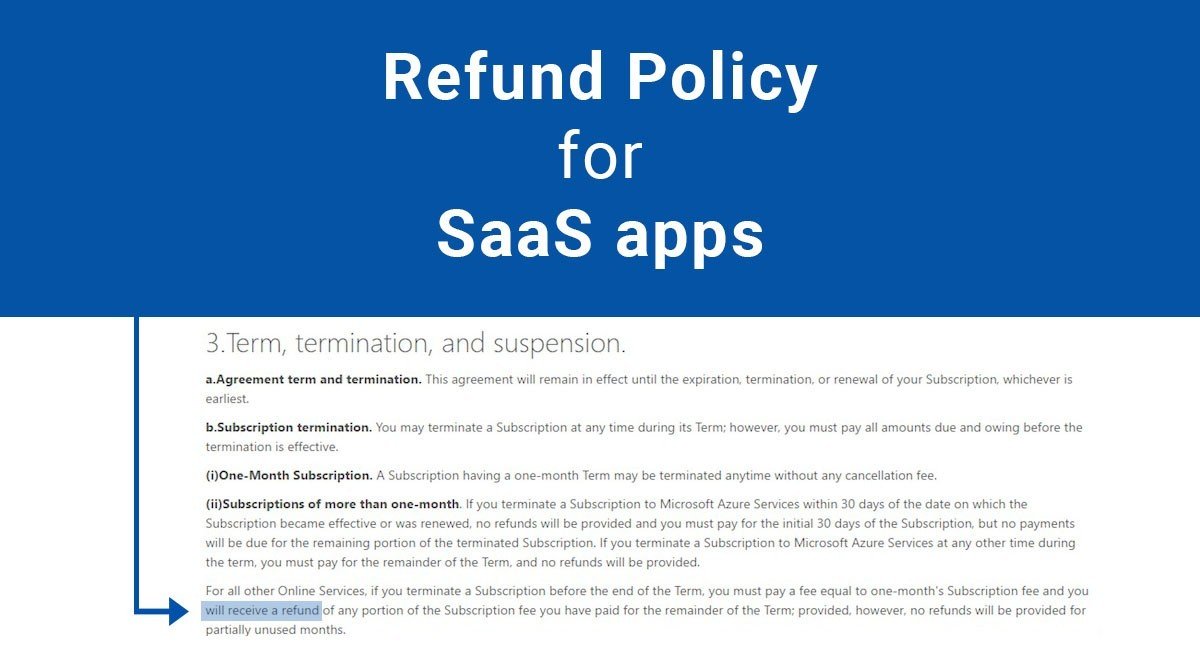Blog - Page 54
Legal articles in easy to understand language.
Privacy guidelines for apps for children
Apps targeted specifically at children, particularly educational apps, are becoming more and more common. But creating apps for children is different from creating apps for adults in a number of ways. From differences in design and UI decisions to legal requirements you need to keep in mind, creating apps for children...
Software licensing agreements: Proprietary vs Free
Most software licences are called proprietary licences, where the original creator of the software retains ownership (property) in the software. One good example of this is the traditional End User Licence Agreement (EULA). In contrast, free software licenses are used for software that the user can copy, change, and redistribute. The...
Sample Cookies Policy Template
Cookies are small text files that websites place on the computers and mobile devices of people who visit those websites. A Cookies Policy is the policy used to inform users about the use of cookies by a website or an app. These files are then read by the website each time you...
How to use Clickwrap for Your EULA
An End-User License Agreement (EULA) is a legal contract or agreement between the owner, publisher, or the distributor of an app and the end-user. EULAs contain terms, rules, and clauses that are limited in scope to issues relating to the licensing of the software app. Common clauses and sections found include...
5 Reasons Your Software Needs an EULA
If you develop software applications, an EULA (End-User License Agreement) will be a very important and advantageous legal agreement for you to include with the distribution of your software app. An EULA is essentially a contract between the software developer or publisher (the company creating the application), and the end-user (the...
Refund Policy for SaaS Apps
While most e-commerce and brick and mortar stores are legally required to have a refund or return policy in place, SaaS apps and other digital products are not. This is due to the difference in nature of a digital product versus a non-digital product. For example, downloading a song on iTunes and...





